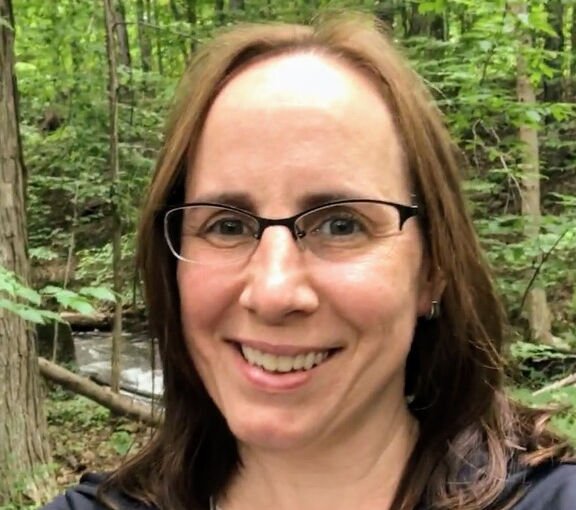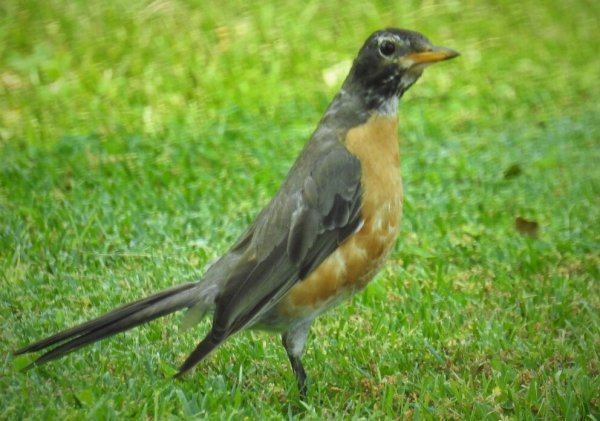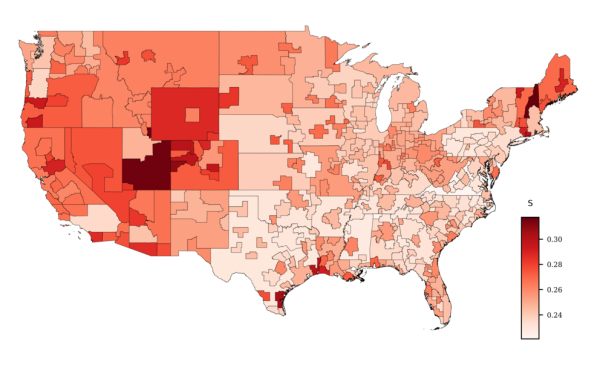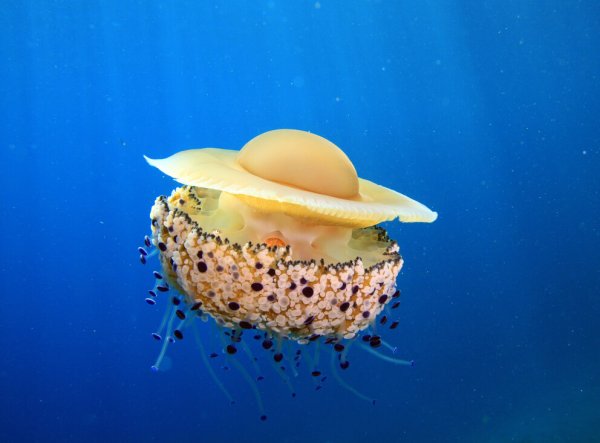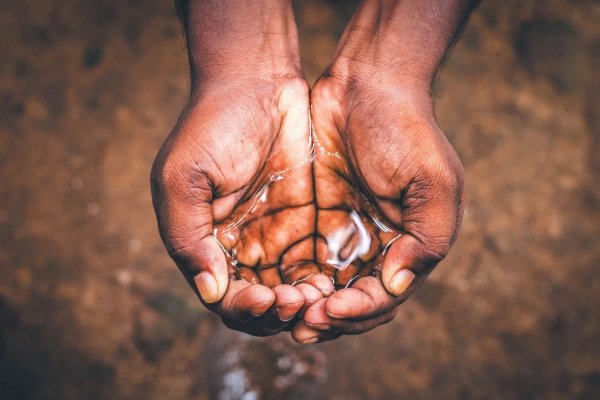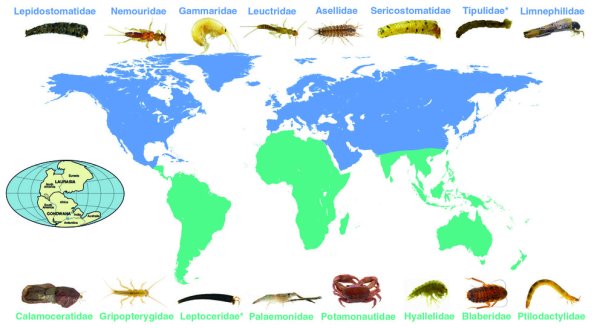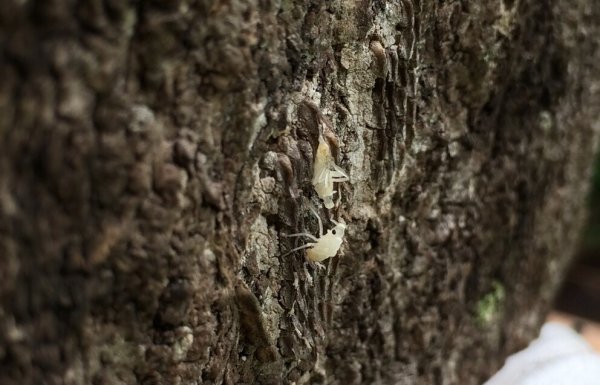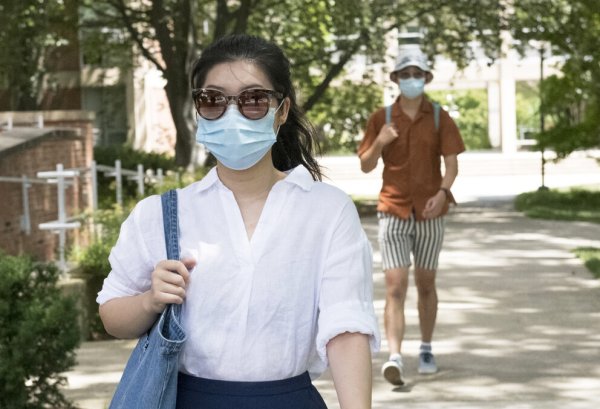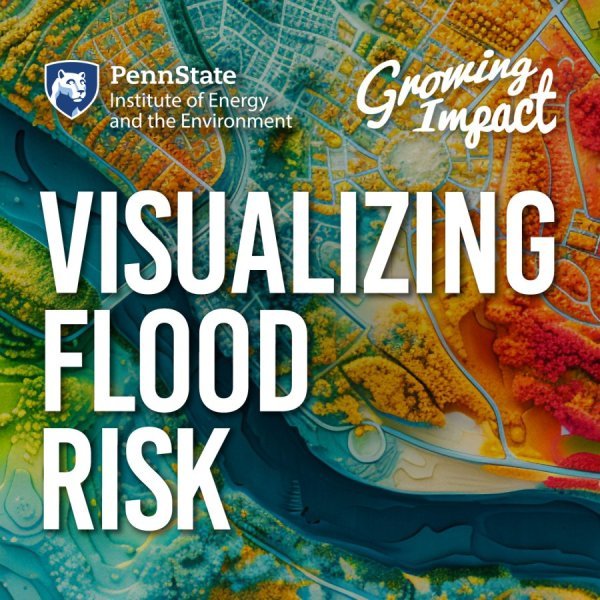Water resources professor receives 2021 Black Award for excellence in research
| news.psu.edu
Elizabeth Boyer, professor of water resources in Penn State’s College of Agricultural Sciences, is the 2021 recipient of the Alex and Jessie C. Black Award for excellence in research.
Be on the alert for sick songbirds
| news.psu.edu
Pennsylvania residents may see dead and dying songbirds exhibiting strange symptoms, warns Margaret Brittingham, professor of wildlife resources in Penn State’s College of Agricultural Sciences, who is monitoring the spread of a mysterious disease in the eastern United States.
Diversification in supply chain crucial to avoid 'food shock' in cities
| news.psu.edu
Diversification in the sourcing of food into cities can go a long way to tempering "food shock" — a sudden drop in food supply due to unforeseen events, according to a team of researchers from Penn State and Northern Arizona University, who developed a statistical risk model linking supply chain diversity to the probability of a city experiencing food shocks.
GCSE 2022 Call for Session Proposals
IEE will cover registration costs for those that chair sessions or present in sessions or posters. Please email iee@psu.edu to request this.
Climate and energy management require civic energy
| by Peter Buck, Brandi Robinson, Michael Mann
Climate educators should step up to the plate and take civic action on climate change. The strategies and management approaches are already all around us. Now, it is just a matter of putting them together and holding the course.
Faculty Friday: Charles Anderson
Meet Charles Anderson, an IEE co-fund and Eberly College of Science faculty member. The most important thing he wants you to know about his research is that plants are super-active at the sub-cellular level.
Scientists resurrect 'forgotten' genus of algae living in marine animals
| news.psu.edu
An international team of researchers has resurrected the genus Philozoon by using modern technologies to thoroughly characterize two of the species of algae that biologist Patrick Geddes had investigated in the mid-to-late 19th century, along with six new related ones.
Human evolution led to an extreme thirst for water
| scientificamerican.com
We are more dependent on water than many other mammals and have developed a host of clever strategies for obtaining it.
Loss of biodiversity in streams threatens vital biological process
| news.psu.edu
The fast-moving decline and extinction of many species of detritivores — organisms that break down and remove dead plant and animal matter — may have dire consequences, an international team of scientists suggests in a new study.
Growing Impact: A guide to decarbonization
| Featuring Wei Peng
In order for the world to meet the challenge of climate change, decarbonization and negative emissions must be part of the discussion. Wei Peng looks to provide policy and tech leadership with information on what decarbonization technology might be effective in the future and how to strategically employ it.
New model predicts spotted lanternfly egg hatching
| news.psu.edu
Research conducted by scientists in Penn State’s College of Agricultural Sciences has led to the creation of an online tool that can help predict seasonal egg hatch for spotted lanternflies. The spotted lanternfly, an invasive insect from Asia, was discovered in North America in Berks County in 2014.
Underground fiber optic sensors record sounds of COVID lockdown, reopening
| news.psu.edu
Sound signals captured by underground fiber-optic sensors under the University Park campus recorded the impacts of COVID-19 restrictions on the community, according to scientists.

